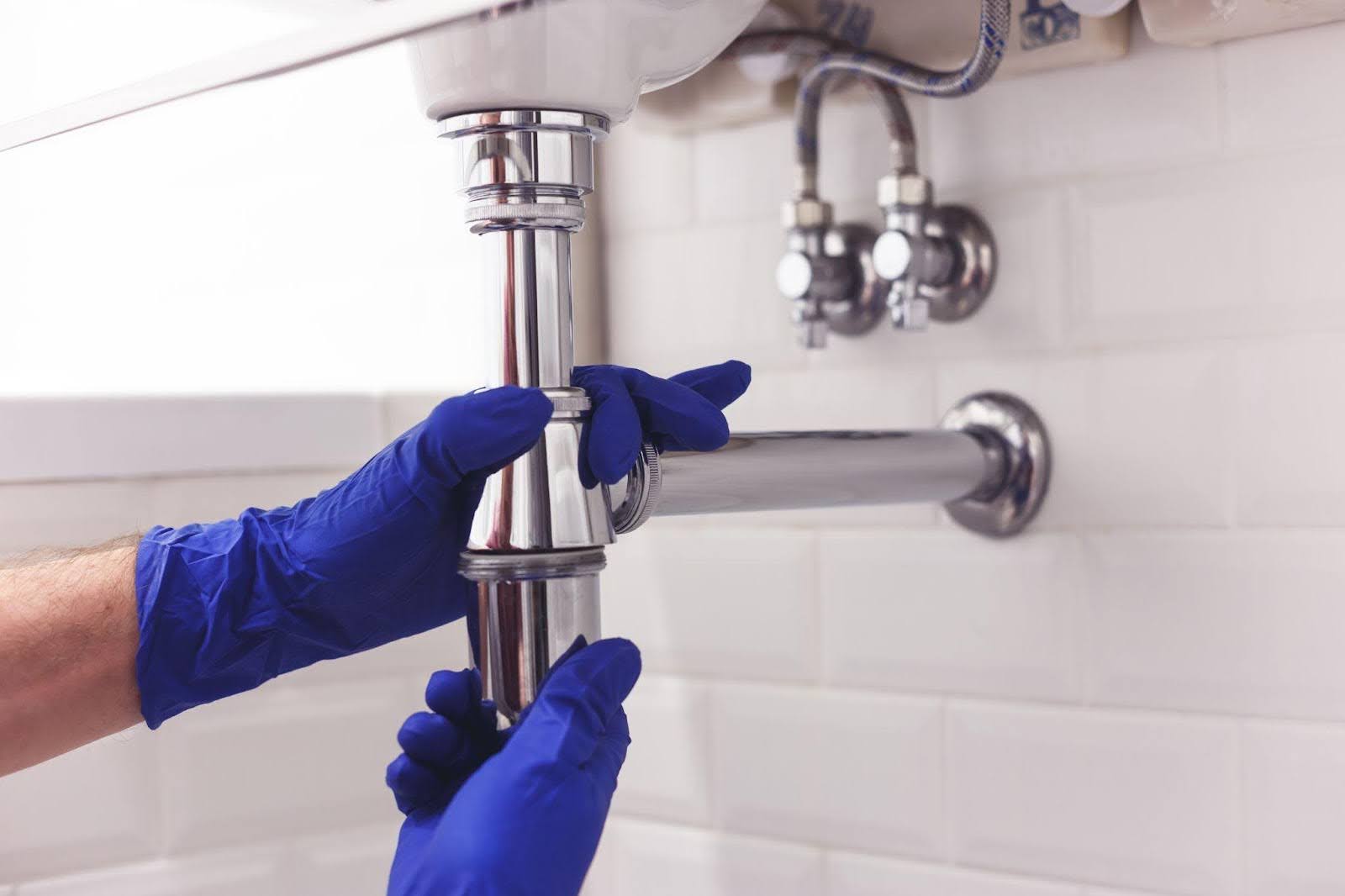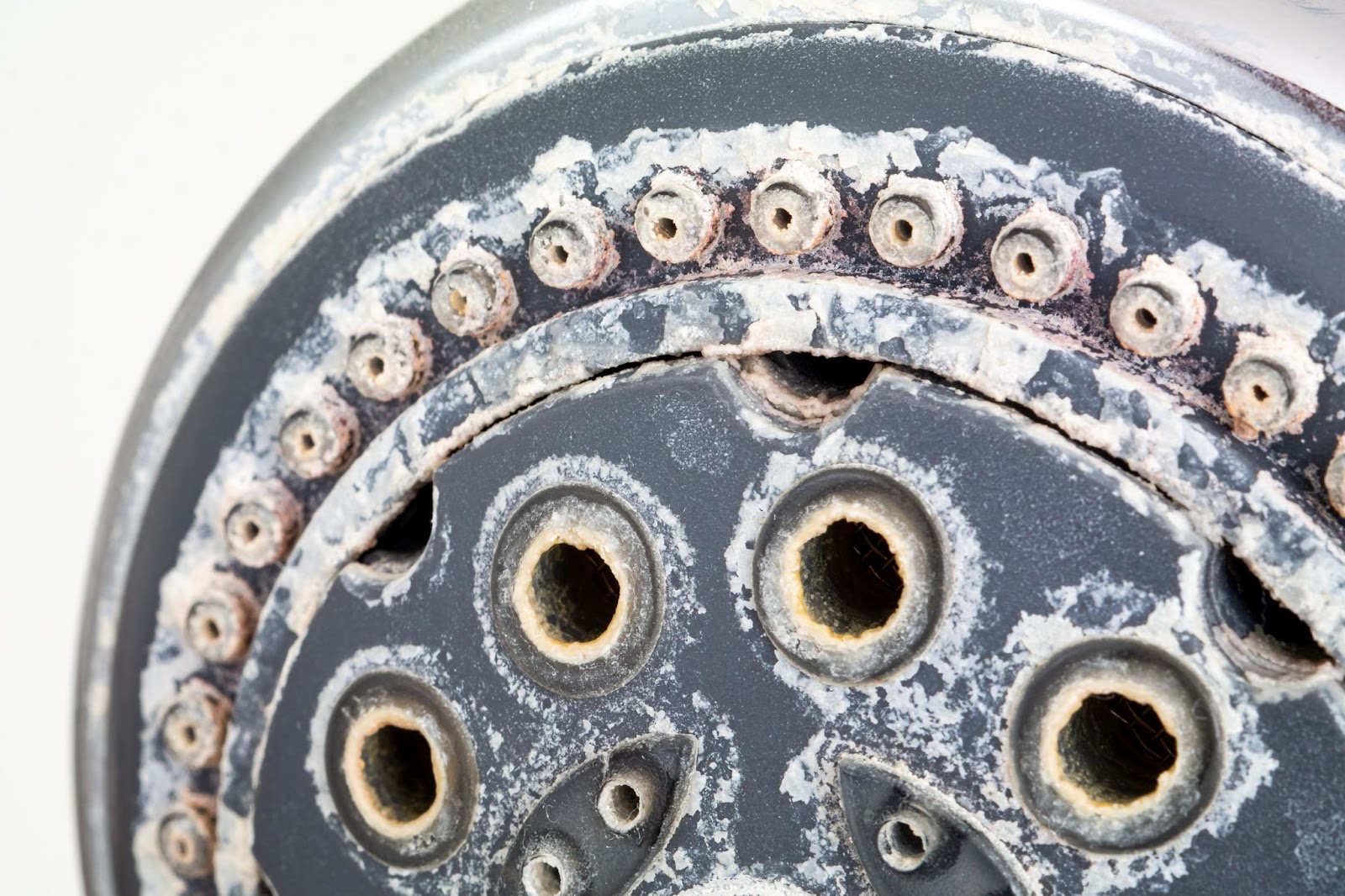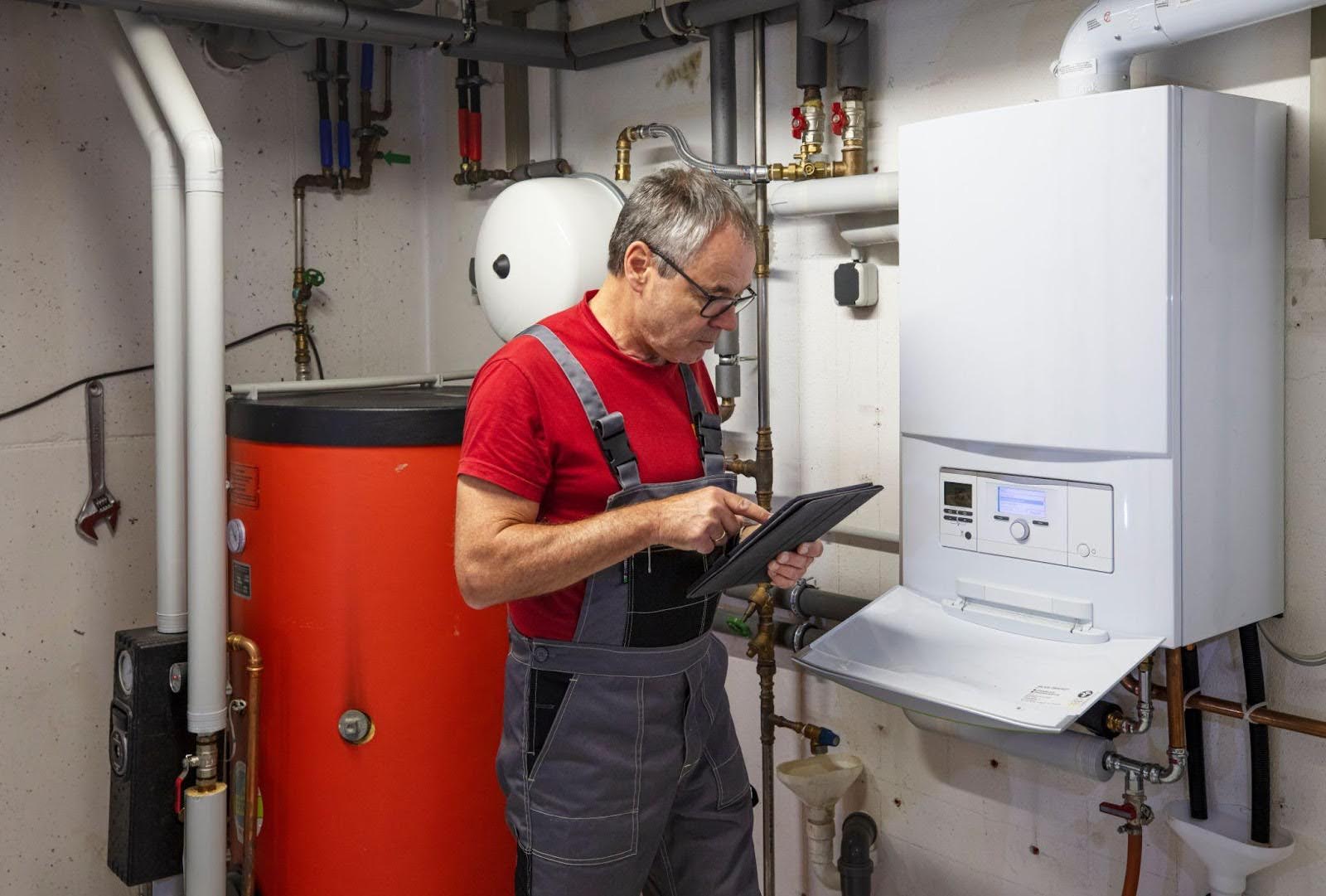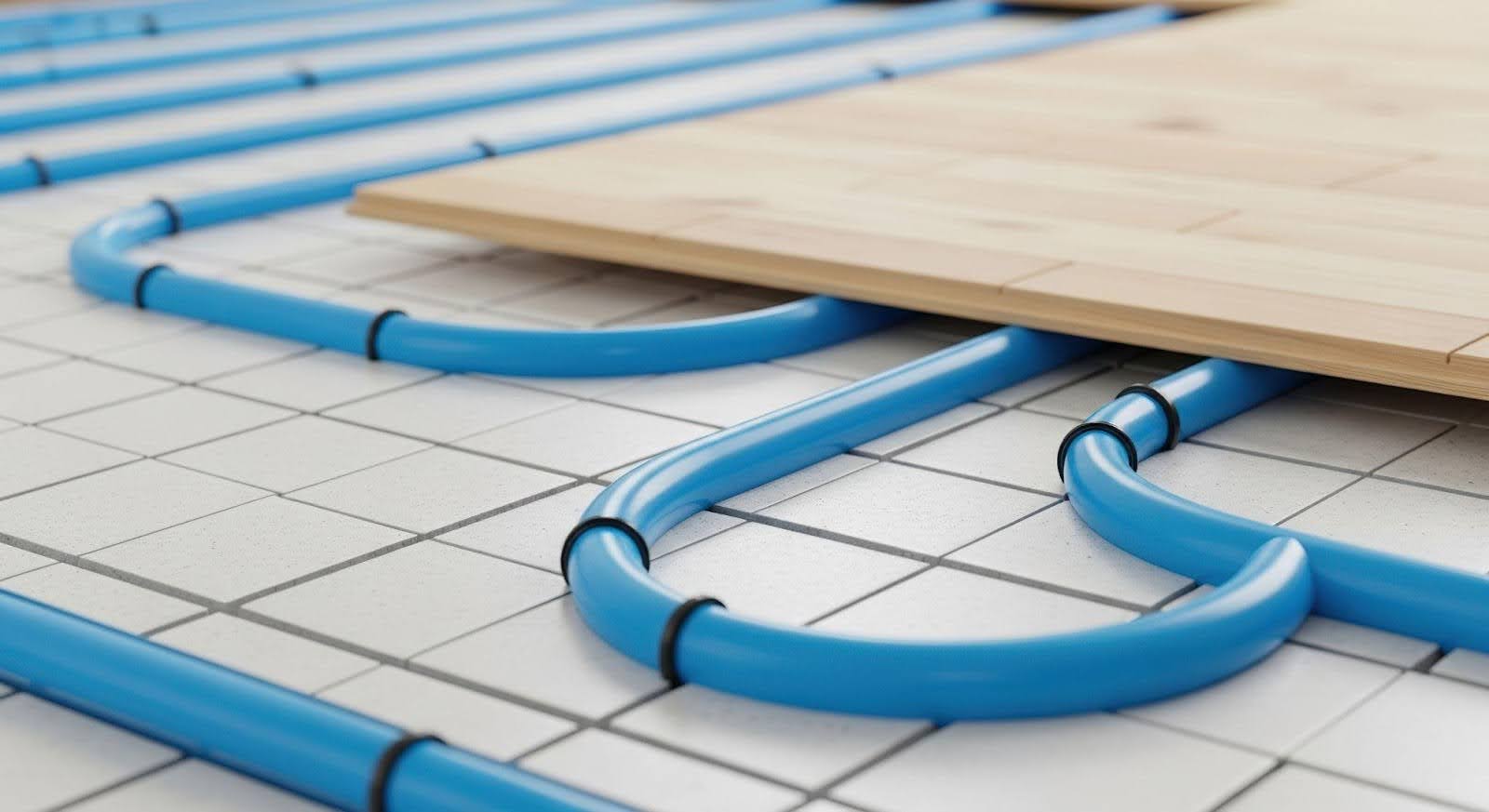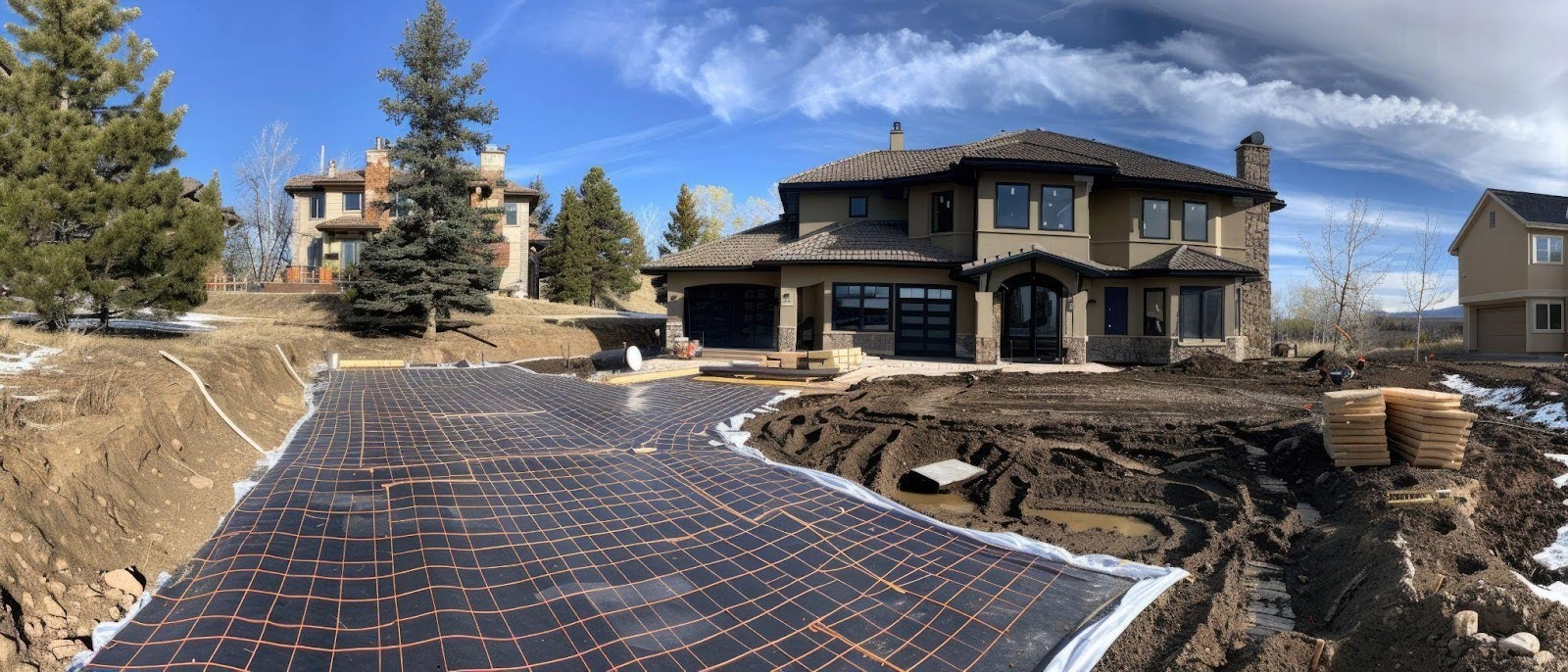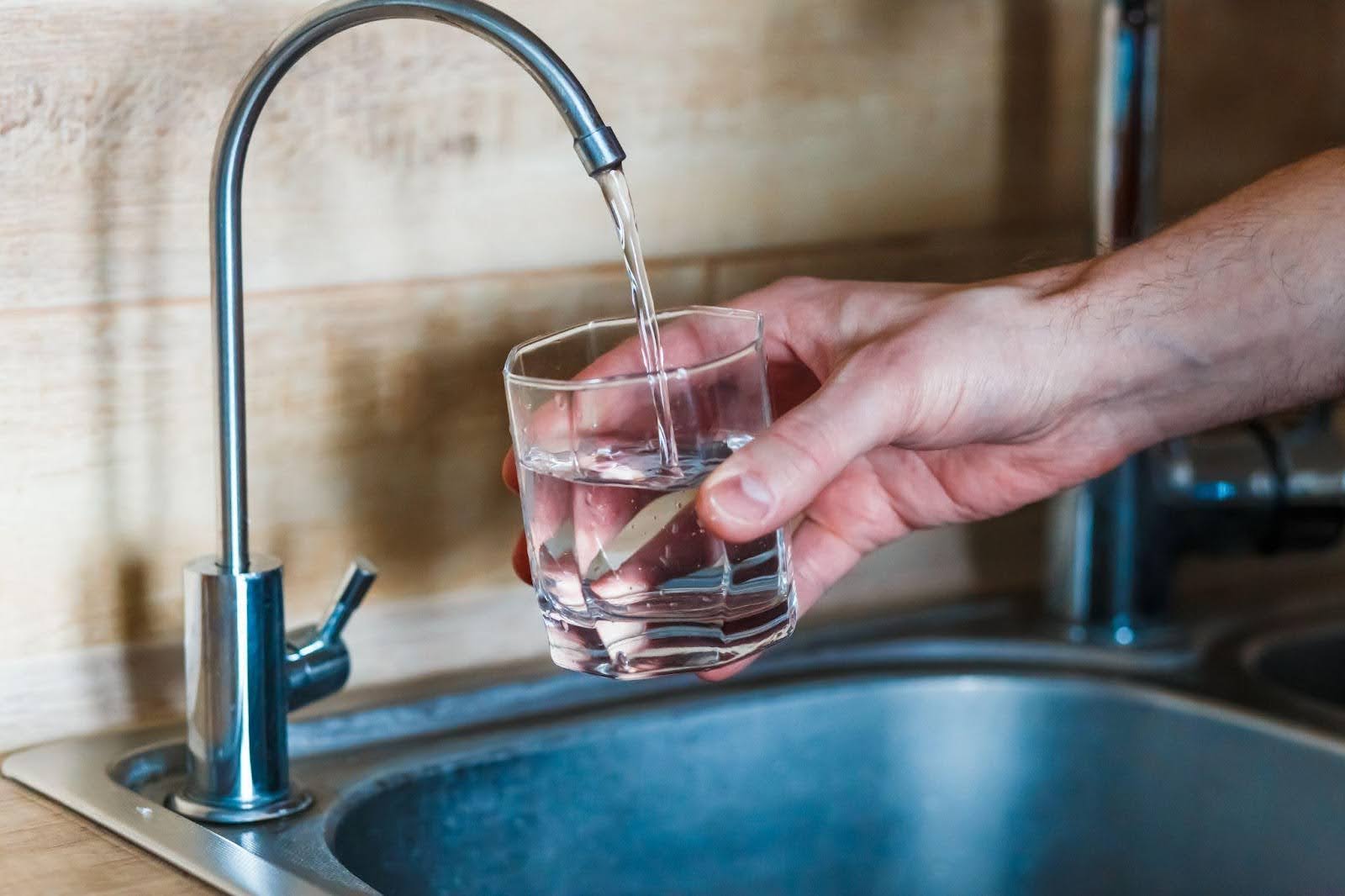Maintaining healthy water pipes helps improve the overall functionality of your home. Well-functioning pipes deliver a consistent clean water supply and protect your property from disasters.
Neglecting pipe issues leads to a cascade of problems, including leaks that cause extensive water damage, mold growth that poses health risks, and costly repairs that disrupt your daily life.
As a homeowner, you must remain vigilant for signs that indicate your water pipes need urgent repair. This blog helps you identify those warning signs and provides actionable steps to address them effectively.
Common signs of water pipe issues
Unexplained water bills
Sudden spikes in your water bill often signal leaks or inefficiencies within your plumbing system. If you notice a drastic increase without a corresponding rise in water usage, investigate the cause. Regularly monitoring your water usage helps you catch issues early and potentially saves you from costly repairs down the line.
Visible leaks
Look for signs of leaks, including water stains on ceilings and walls, dripping faucets, and moisture around plumbing fixtures. These indicators suggest underlying issues that could lead to structural damage if left untreated. Act promptly to minimize the impact of water damage on your property.
Low water pressure
Reduced water pressure may indicate blockages or leaks in your pipes. If your water flow feels weaker than usual, test it using a gauge. Identifying the cause of low pressure helps you determine whether it’s a simple fix or a sign of more significant plumbing problems.
Discolored water
If your water appears brown, rusty, or cloudy, it may indicate pipe corrosion or contamination. Discolored water poses health risks, making it essential to investigate and resolve the underlying issue promptly. Using contaminated water may lead to serious health concerns, so don’t ignore this warning sign.
Unpleasant odors
Foul odors emanating from your taps or drains often signal pipe problems, such as stagnant water or sewer backups. These unpleasant smells indicate that something isn’t right within your plumbing system. Take immediate action to investigate and resolve the issue, as it may pose health risks for you and your family.
Strange noises
Listen for unusual noises from your pipes, such as banging, rattling, or gurgling sounds. These noises often indicate air trapped in the pipes or other plumbing problems that require attention. Identifying the source of these sounds helps you determine the necessary actions to take and prevent further complications.
Frozen pipes
Watch for signs of frozen pipes, such as reduced water flow and bulging sections in your plumbing. When water freezes, it expands, increasing the risk of pipes bursting. If you suspect your pipes are frozen, thaw them safely by applying heat with a hairdryer or space heater. Act quickly to prevent damage and costly repairs.
Mold and mildew
Identify mold growth near pipes, which often signals leaks or moisture problems. This growth damages your property and poses health risks, particularly for individuals with respiratory issues. Address mold promptly to maintain a healthy living environment, and take action as soon as you notice any signs of moisture or mold.
What to do when you identify a problem
Immediate actions
When you spot a problem with your water pipes, act quickly to minimize potential damage. Start by turning off the main water supply immediately. Locate the main shut-off valve, typically found near your water meter, and twist it to stop the flow of water. This crucial step halts any leaks and prevents flooding, protecting your home from further water damage.
If you notice a particularly severe leak, also turn off the water supply to specific fixtures until a professional inspects it.
Contacting professionals
After securing your water supply, contact a licensed plumber immediately. A qualified professional possesses the expertise necessary to diagnose and repair plumbing problems effectively.
When you call, prepare to describe the symptoms you’ve observed and the specific location of the problem. Sharing details like the type of leak, any unusual noises, and the timeline of the issue helps the plumber arrive with the right tools and a better understanding of what to expect This allows for a quicker resolution.
Temporary solutions
While you wait for the plumber, implement temporary solutions to mitigate the issue. Use plumber’s tape to wrap around the damaged section for minor leaks, providing a short-term seal. Place buckets or containers under leaking areas to catch drips and prevent further water damage to your flooring.
If a pipe has burst or water is gushing out, use towels or rags to absorb the excess water until help arrives. These temporary fixes help control the situation and buy you time before the professional arrives to provide a lasting solution.
Prevention tips
Routine maintenance practices
Regularly maintaining your plumbing system is critical to preventing future pipe issues—schedule routine inspections at least once a year. A licensed plumber can spot potential problems before they escalate.
During these inspections, your plumber should examine pipes for signs of corrosion, leaks, or blockages. Clean out drains and remove debris from around plumbing fixtures to maintain clear pathways for water flow and reduce the risk of clogs.
Monitoring water pressure and usage
Regularly monitor your water pressure and usage. High water pressure strains pipes and leads to leaks or bursts, while low pressure might signal a blockage or leak. Invest in a water pressure gauge to check the pressure at various points in your plumbing system.
Additionally, review your water bills each month. As we covered earlier, unexplained increases may indicate hidden leaks that require immediate attention.
Knowing your plumbing system
Educate yourself about the age and condition of your plumbing system. Older pipes, especially those made from materials like lead or galvanized steel, are more prone to issues. If your system is aging, plan for upgrades or replacements to prevent unexpected failures.
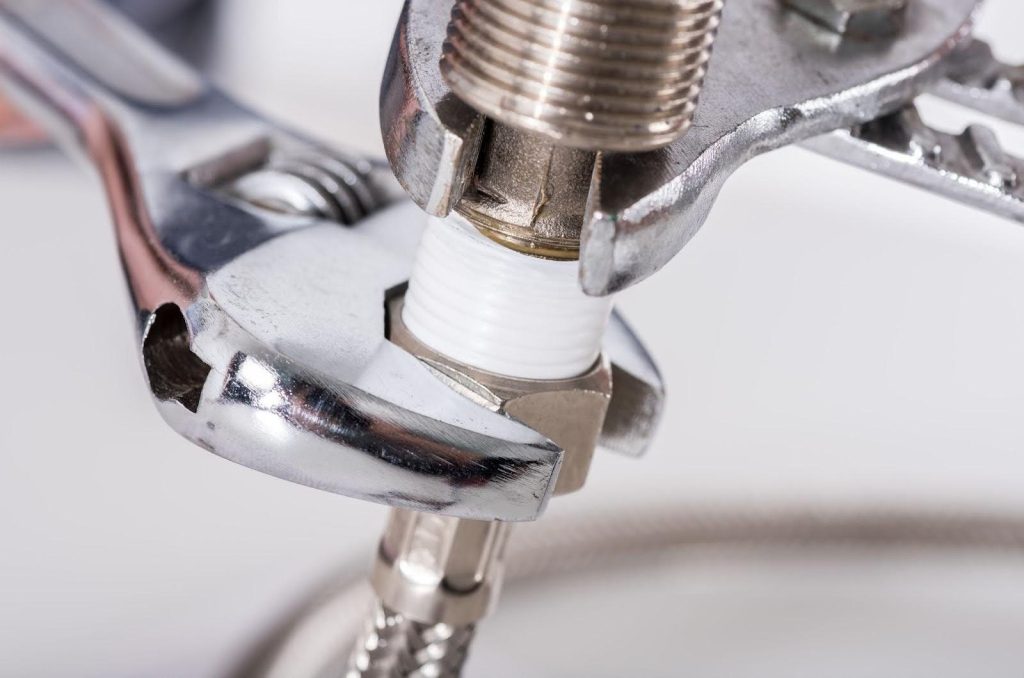
Safe and secure water pipes with Salisbury Plumbing
Maintaining healthy water pipes is essential for protecting your home from costly repairs and potential damage. Recognizing the common signs of pipe issues empowers you to take prompt action before small problems escalate into significant challenges.
Implementing routine maintenance practices, monitoring your water pressure, and understanding the condition of your plumbing system reduce the risk of emergencies. If you encounter any signs of trouble or need assistance with repairs, don’t hesitate to contact a licensed professional.
At Salisbury Plumbing, our experienced team is ready to help you assess your plumbing system and provide effective solutions tailored to your needs. Prioritize your home’s plumbing health and enjoy peace of mind, knowing you’re taking the proper steps to ensure its longevity and reliability.
Contact Salisbury Plumbing today for expert support!
daftar situs gacor situs slot situs slot togel resmi situs toto situs toto monperatoto kampungbet keluaran hk slot gacor kampungbet data macau rtp slot situs toto kampungbet situs hk bento4d toto slot toto slot slot thailand situs slot gacor toto togel toto slot slot online situs toto situs togel bento4d login toto slot situs gacor toto slot toto slot toto togel situs toto data macau bento4d slot gacor hari ini slot gacor

